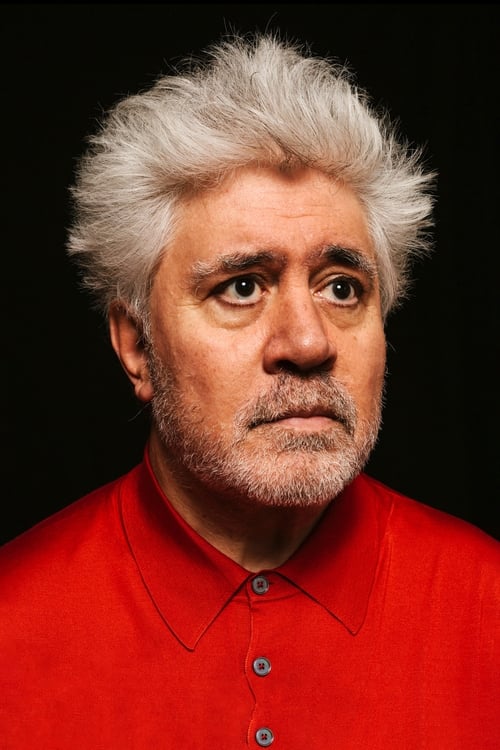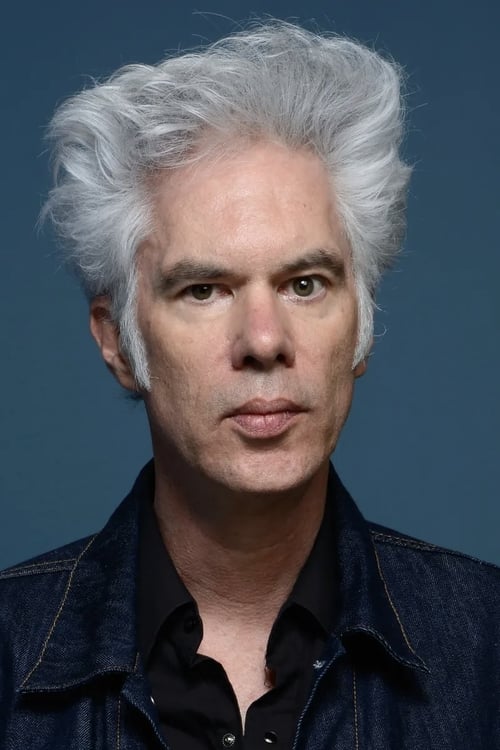Discover
-

Pedro Almodóvar
Thanks -

Jim Jarmusch
Director -

Sandro Kopp
Thanks -

Mikel Izaguirre
Swing -

Eugenio Caballero
Production Design -

Chris MacKenzie
Smoke Artist -

Ellen Lewis
Casting -

David Wahnon
Dialogue Editor
-
 CRCulver
6/23/2021 3:58:12PM
CRCulver
6/23/2021 3:58:12PM
Jim Jarmusch's 2008 film <i>The Limits of Control</i> concerns a nameless hitman (Isaach De Bankole) as he prepares to carry out an assassination in Spain. It is not overtly stated that he is a professional, but his uncompromising posture, his unchanging expression and the omnipresent suitcase make it clear from the very first minutes of the film. Isaach De Bankole is perfect in this role, as he has a face that seems carved out of granite. The hitman's few intimations of humanity are thus all the more shocking. As the film proceeds, the hitman meets a series of individuals who send him onwards in his journey to pick up necessary equipment and finally confront his victim. These employees of his mysterious employer are left nameless, though often referred to by items they carry or other qualities: "Guitar" (John Hurt), "Blond" (Tilda Swinton), "Violin" (Luis Tosar), "Mexican" (Gael García Bernal), and "Molecules" (Youki Kudoh). In engaging the assassin in conversation to subtly convey their messages, they end up delivering eccentric monologues. Many critics lambasted these lines as so much metaphysical babble. In fact, everything said relates very directly to the plot, but this is the sort of film that demands a second viewing to really tie everything together, and those who fail to be intrigued enough on the first viewing to go on to a second may find this film a failure. Though Jarmusch alludes to America under the Bush administration at points, this is ultimately a psychological drama: the hitman's task and contacts represent only parts of his own psyche. While some have tried to view this as a simple Freudian struggle between the id, ego, and superego, I feel that Jarmusch is aiming for something more subtle, something that he has great difficult putting into words and, even with his best efforts, this film can only hint at. THE LIMITS OF CONTROL feels like a cinematic analogue to the late albums of Scott Walker, where the songs' characters, cultural references and "plot" only serve to express some burning flame in the artist's own psyche. Jim Jarmusch has always stated that his aesthetic is to absorb everything he can from prior films (and books, music, etc.) and let those inspirations reflect in his own films.<i>The Limits of Control</i> abounds with references to the film canon: Jean-Pierre Melville (namely "Le Samouraï"), Orson Welles ("The Lady from Shanghai"), Alfred Hitchcock, Aki Kaurismäki ("Le Vie de Bohème"), Alejandro Jodorowsky (that auteur's entire trippy aesthetic), and probably more that I just didn't recognize. The film's lack of conventional interaction between characters and the compilation of references ultimately makes THE LIMITS OF CONTROL feel relatively cold and lifeless compared to Jarmusch's many other films. Still, the visuals of the film make it a worthwhile experience in spite of its flaws. With Christopher Doyle, funny enough, working the camera, we get a number of beautifully composed shots that will prove memorable.







John Hurt
GuitarTilda Swinton
BlondeBill Murray
AmericanGael García Bernal
MexicanYouki Kudoh
MoleculesLuis Tosar
ViolinHiam Abbass
DriverPaz de la Huerta
Nude